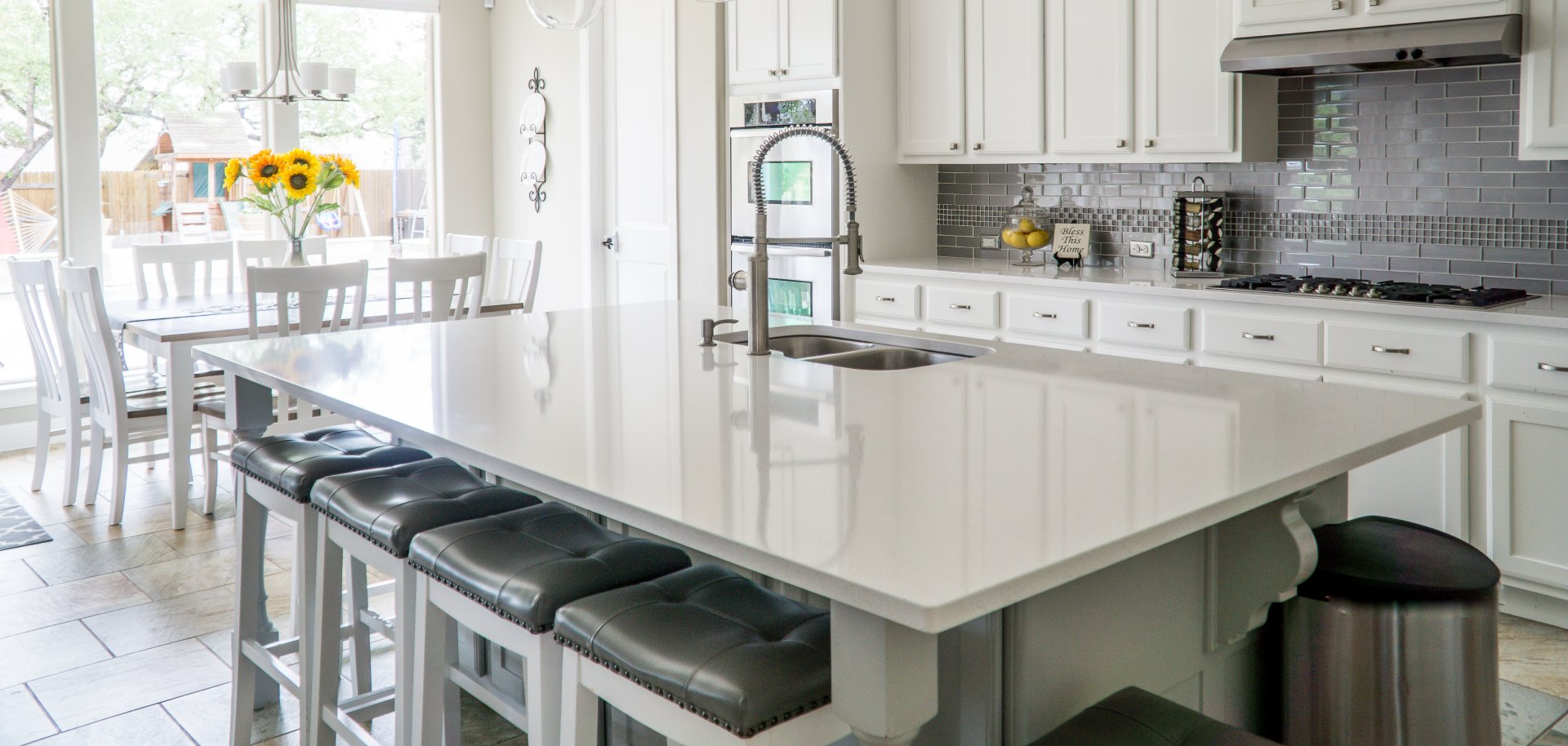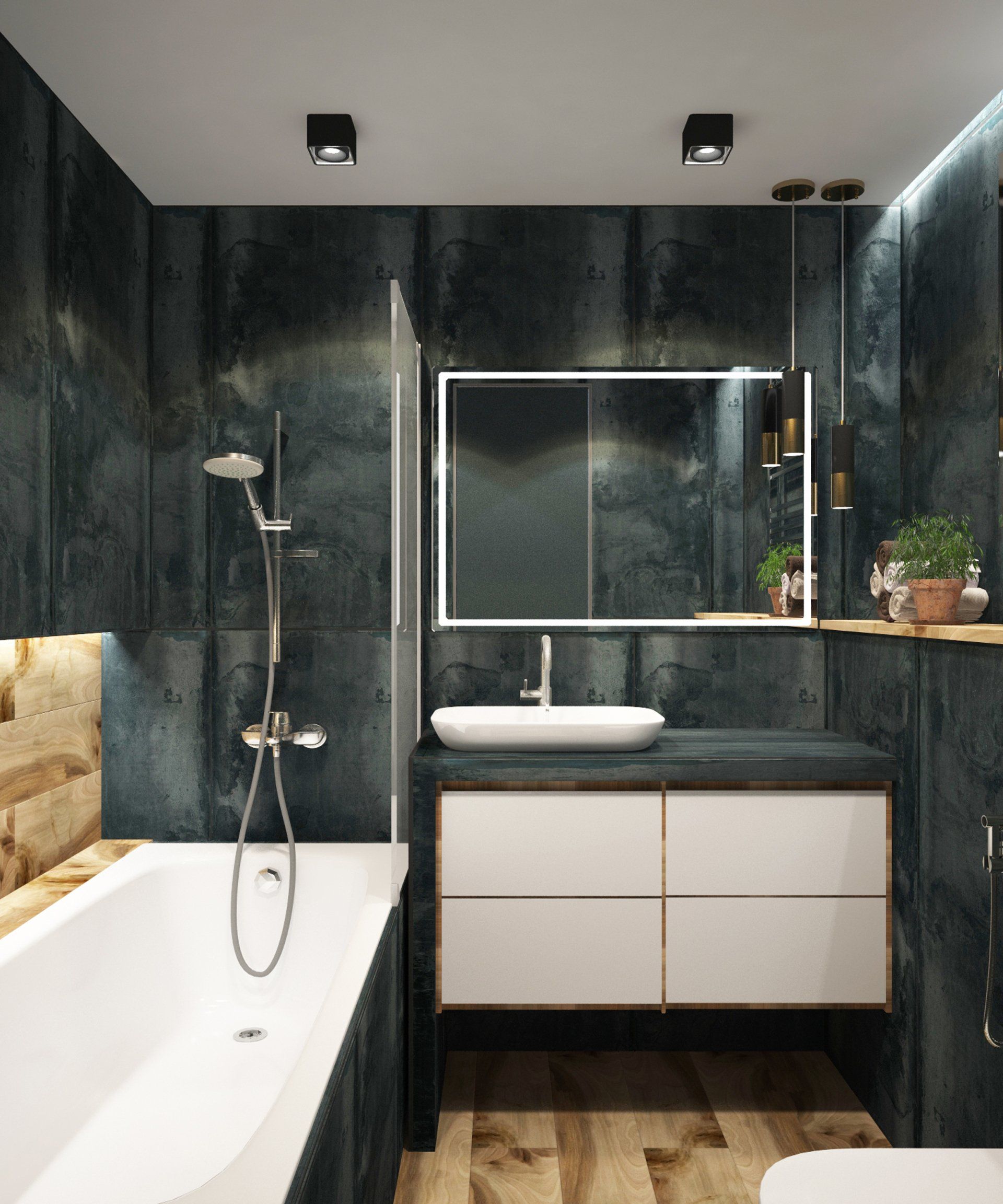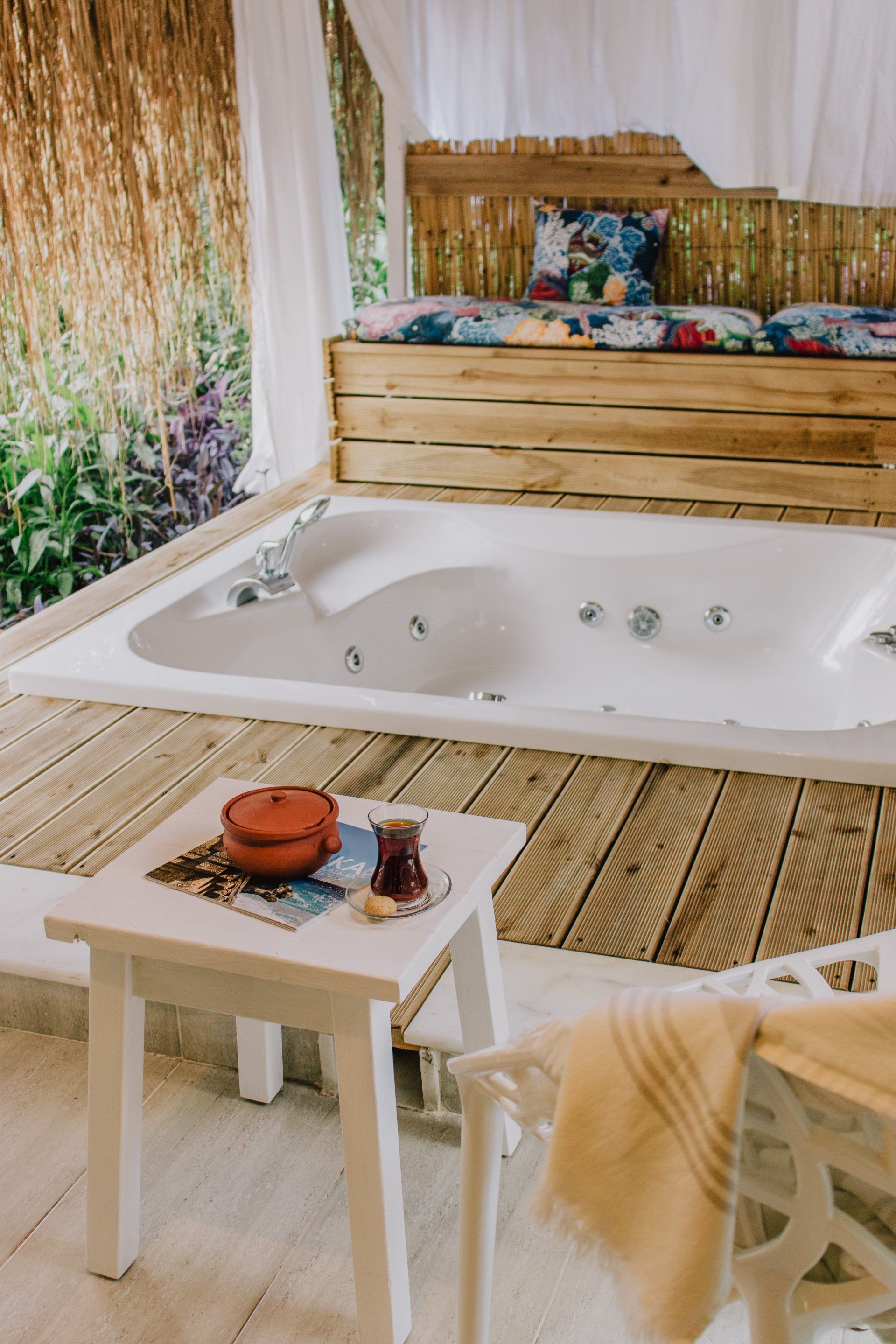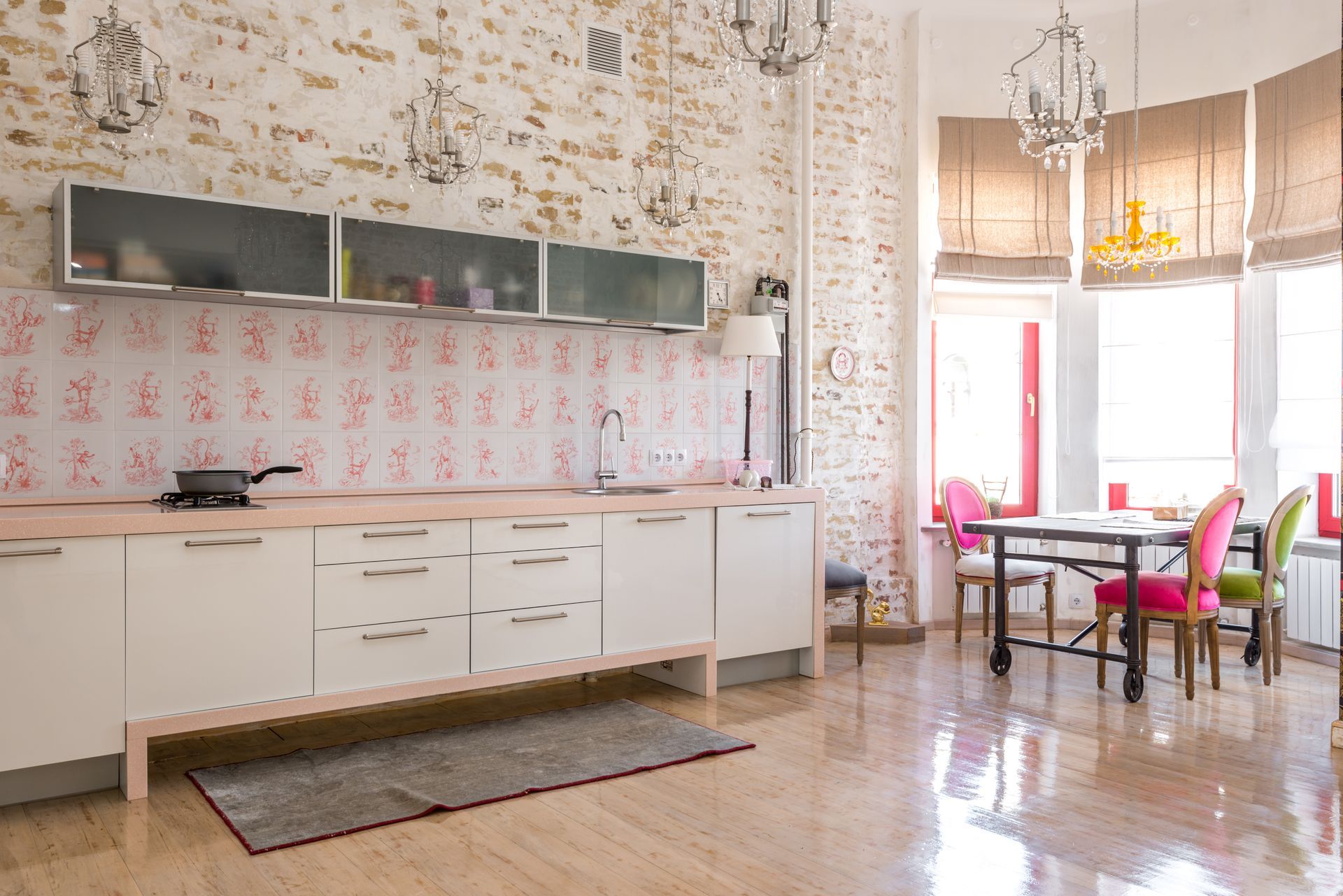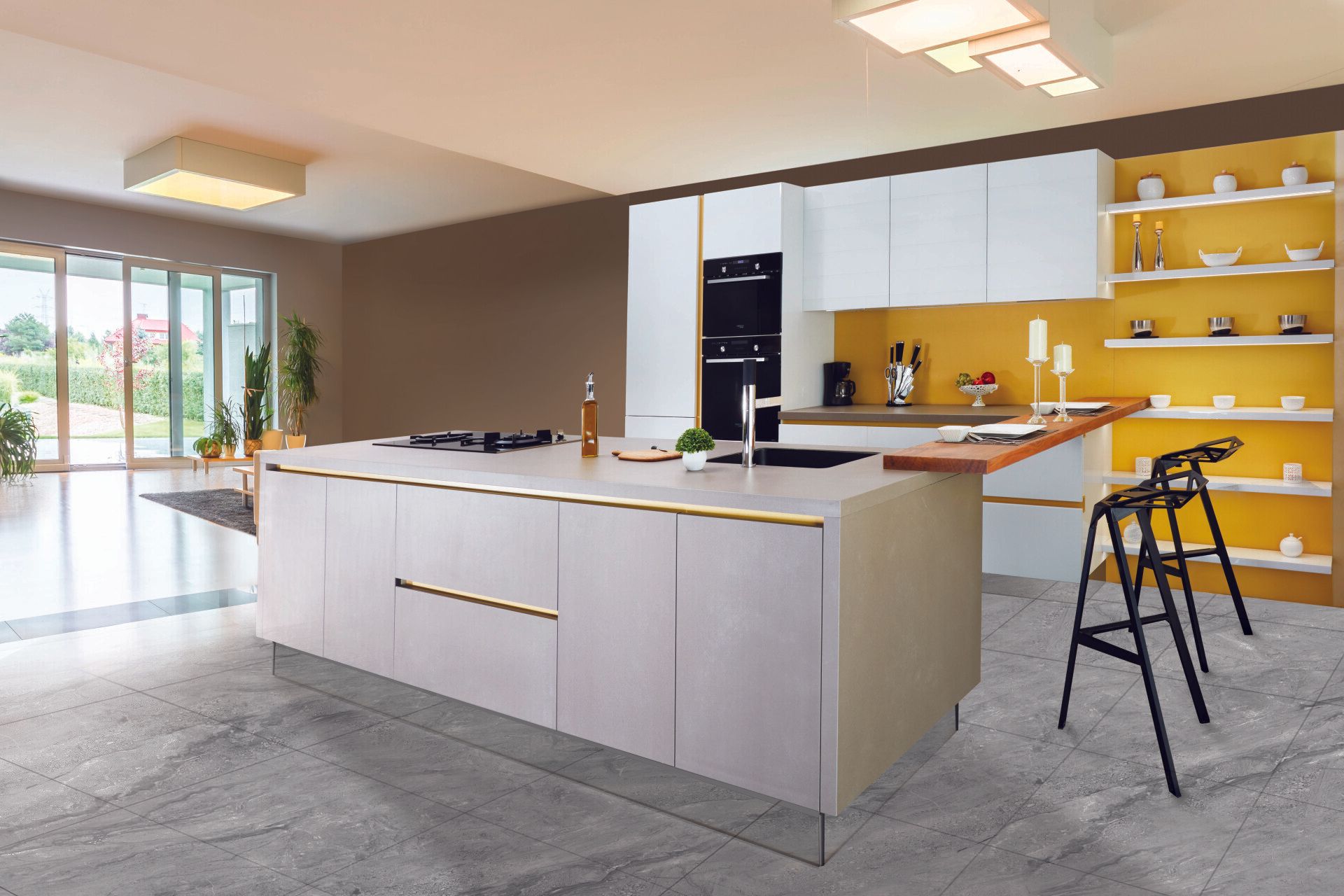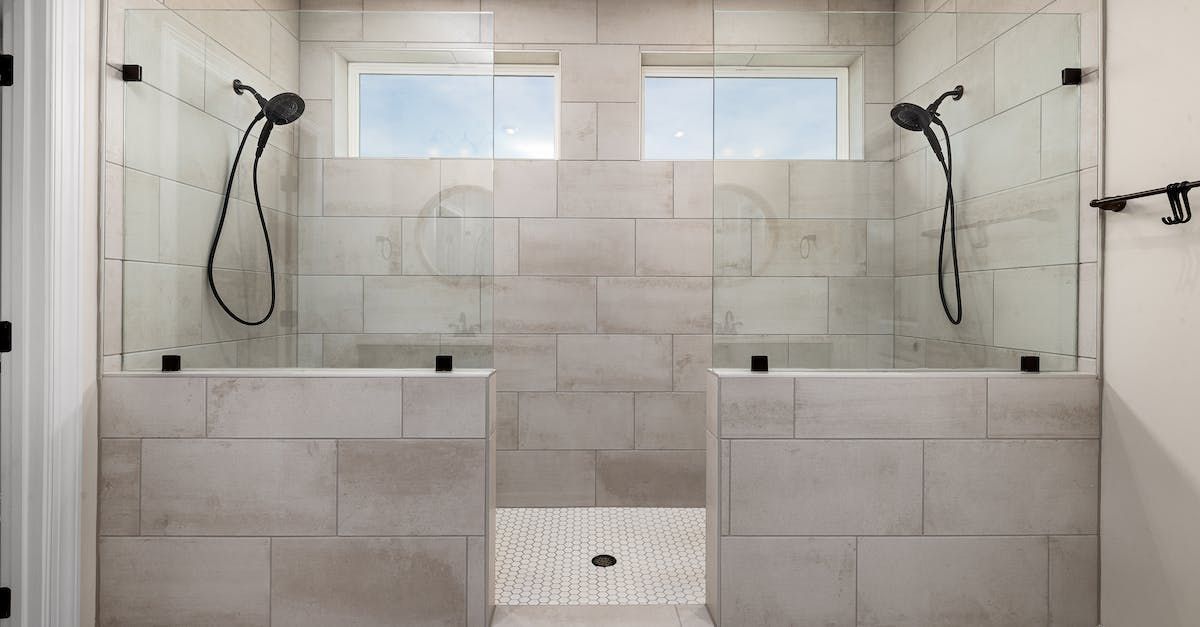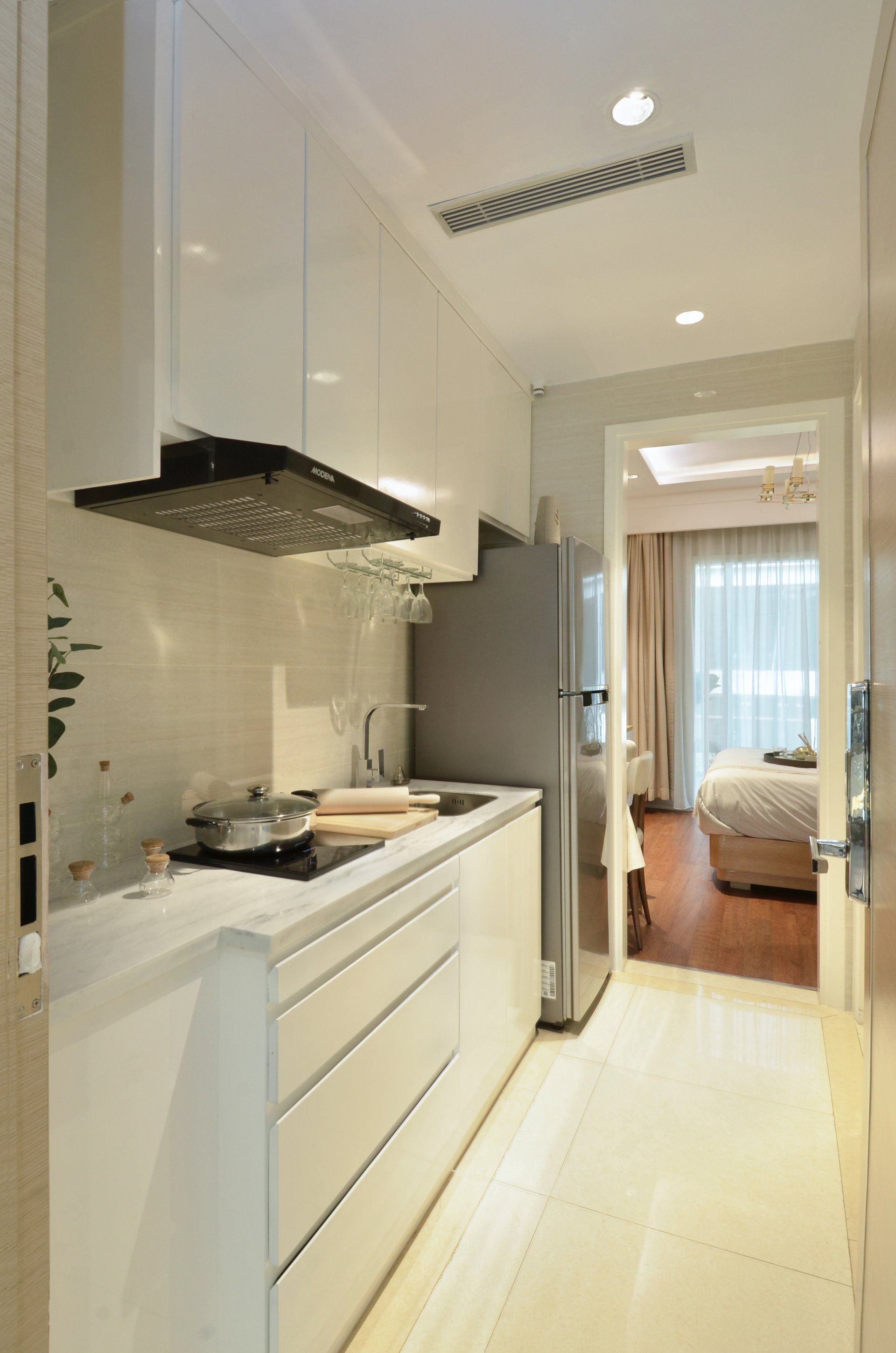How to Choose Eco-Friendly Kitchen Appliances for Your Home
Choosing Eco-Friendly Kitchen Appliances: Tips for a Sustainable Kitchen Remodel
As sustainability continues to grow in importance for homeowners, many people are now looking for ways to make their homes more eco-friendly, starting with the kitchen. When planning a bathroom and kitchen remodeling project, opting for eco-friendly kitchen appliances is a great way to reduce energy consumption, lower utility bills, and minimize your carbon footprint. But with so many options available, how do you choose the right appliances that combine performance with sustainability?
In this article, we’ll explore how to choose eco-friendly kitchen appliances and incorporate them into your bath and kitchen remodeling project. Whether you’re doing a complete kitchen bath renovation or simply updating a few key elements, these tips will help guide you toward making greener choices without sacrificing style or functionality.
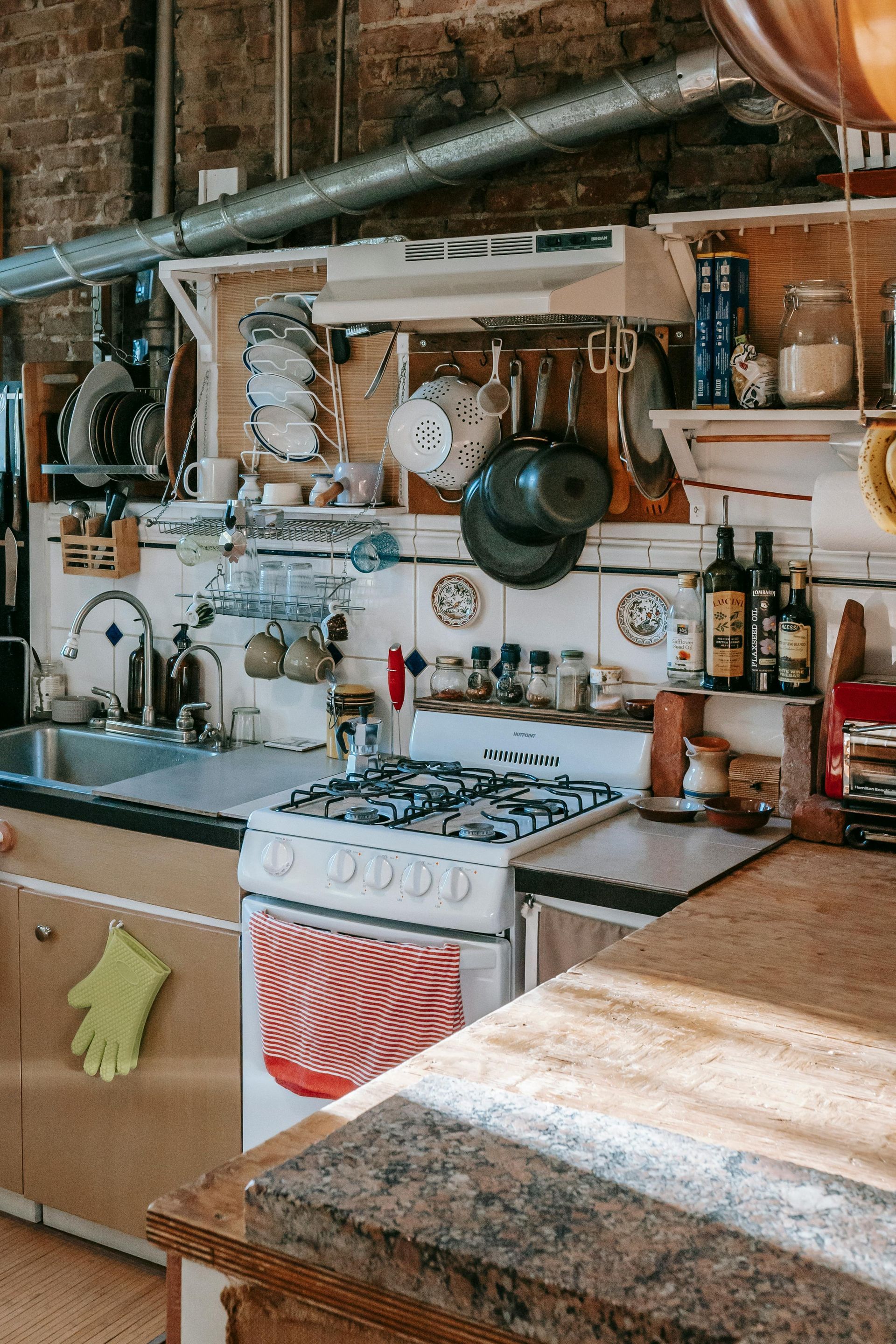
1. Look for Energy Star Certified Appliances
One of the easiest ways to identify eco-friendly kitchen appliances is by checking for the Energy Star certification. Energy Star is a government-backed program that certifies appliances based on their energy efficiency. These products meet or exceed federal energy consumption standards, which means they use less power and water compared to standard appliances.
When planning your bathroom and kitchen remodel, prioritize Energy Star-certified refrigerators, dishwashers, ovens, and even smaller appliances like microwaves. These certified products can significantly reduce your household’s energy usage, leading to lower utility bills and a reduced environmental impact.
2. Choose Appliances with Smart Technology
Smart technology has become a key part of Eco-Friendly Kitchen Design Trends. Smart appliances are designed to optimize performance, making it easier for homeowners to reduce energy and water consumption. For example, a smart refrigerator can regulate its cooling needs based on how often the door is opened, while a smart dishwasher can determine the most efficient cycle based on the load size.
Integrating smart technology into your kitchen bath renovation not only contributes to sustainability but also adds a layer of convenience. Many smart appliances can be controlled through mobile apps, allowing you to monitor energy usage and make adjustments remotely.
3. Opt for Induction Cooktops Over Traditional Stoves
If you’re in the process of updating your kitchen during a bath and kitchen remodeling project, consider switching from traditional gas or electric stoves to an induction cooktop. Induction cooking is one of the most energy-efficient ways to cook, as it uses electromagnetic energy to heat your pots and pans directly. This means less energy is wasted, and cooking times are often faster.
Unlike gas stoves, which release carbon dioxide and other pollutants into the air, induction cooktops produce no emissions. Additionally, they are safer, as the cooktop remains cool to the touch, reducing the risk of burns. Induction cooktops are an excellent addition to any Eco-Friendly Kitchen Design Trends and can significantly improve your kitchen’s energy efficiency.
4. Consider Water-Saving Dishwashers
Water efficiency is just as important as energy efficiency when choosing eco-friendly kitchen appliances. A high-efficiency, water-saving dishwasher can drastically reduce the amount of water your household uses. Many modern dishwashers use less water than hand-washing dishes and can clean a full load using as little as three gallons of water.
Look for dishwashers with water-saving features, such as sensors that adjust the water usage based on how dirty the dishes are. Incorporating these appliances into your bathroom and kitchen remodel will not only save water but also cut down on your energy bills, as less water means less energy is needed for heating.
5. Prioritize Recyclable and Sustainable Materials
When selecting eco-friendly kitchen appliances, it’s important to think about the materials used in their construction. Opt for appliances made from recyclable materials or sustainable sources whenever possible. Stainless steel, for example, is not only durable and easy to maintain but also highly recyclable. By choosing products that can be recycled or repurposed at the end of their lifecycle, you contribute to reducing waste in landfills.
In addition to appliances, consider using sustainable materials for other aspects of your kitchen bath renovation.
Recycled countertops, bamboo flooring, and low-VOC (volatile organic compound) cabinetry are just a few options that align with Eco-Friendly Kitchen Design Trends.
6. Right-Sized Appliances for Energy Efficiency
Another key aspect of selecting eco-friendly kitchen appliances is choosing the right size for your needs. Larger appliances typically consume more energy, so it’s important to select the size that best fits your household. For example, if you have a smaller family, a compact dishwasher or refrigerator may be more than enough to meet your needs, saving both energy and space.
When planning your bath and kitchen remodeling, carefully consider your household’s needs and lifestyle. Opt for appliances that are appropriately sized for your family’s cooking, storage, and cleaning habits to maximize energy efficiency.
7. Use Timers and Energy-Saving Settings
Many modern kitchen appliances come with energy-saving settings or timers that can help reduce power usage. For example, many ovens and dishwashers have eco-modes that lower energy consumption by extending the cycle time slightly but using less power or water overall. Similarly, refrigerators often have vacation modes that save energy when you're away from home for an extended period.
Be sure to explore these energy-saving features when choosing appliances for your bathroom and kitchen remodel. Learning how to use them effectively will help you get the most out of your eco-friendly kitchen and further reduce your carbon footprint.
8. Proper Maintenance for Longevity
An often overlooked aspect of choosing eco-friendly kitchen appliances is maintaining them properly to extend their lifespan. Regular maintenance ensures that appliances continue to function efficiently and prevents the need for early replacement. For example, regularly cleaning refrigerator coils can help it run more efficiently, while descaling a dishwasher improves its water and energy efficiency.
When planning your bathroom and kitchen remodeling project, think about long-term sustainability. By maintaining your appliances, you reduce the amount of waste generated from replacing them prematurely and keep your kitchen operating at peak efficiency.
9. Incorporate Renewable Energy Sources
If you’re looking to go beyond eco-friendly kitchen appliances and make a larger impact, consider integrating renewable energy sources into your bath and kitchen remodeling project. Solar panels, for example, can be used to power your appliances, significantly reducing your reliance on non-renewable energy.
Though this may require a larger upfront investment, the long-term savings on energy bills and the environmental benefits make it worth considering. Incorporating renewable energy into your kitchen bath renovation is a forward-thinking approach to sustainability that can reduce your home’s overall carbon footprint.
10. Eco-Friendly Kitchen Design Trends for the Future
As homeowners continue to prioritize sustainability, Eco-Friendly Kitchen Design Trends are constantly evolving. From energy-efficient appliances to sustainable materials and smart technology, the future of kitchen design is focused on reducing environmental impact without sacrificing convenience or style.
When planning your bathroom and kitchen remodel, be sure to explore the latest Eco-Friendly Kitchen Design Trends. Not only will you create a kitchen that’s good for the environment, but you’ll also enjoy modern features and energy savings that enhance your home’s value and comfort.
Conclusion
Choosing eco-friendly kitchen appliances is an important step in creating a sustainable home. By selecting energy-efficient, water-saving, and smart appliances, you can reduce your environmental impact while also enjoying lower utility bills and improved performance. Whether you're working on a complete bath and kitchen remodeling project or just updating a few key elements, these tips will help you make informed decisions that align with Eco-Friendly Kitchen Design Trends.
With the right appliances, your kitchen bath renovation can be both stylish and environmentally responsible. By incorporating eco-friendly features into your bathroom and kitchen remodel, you’re not only creating a functional and beautiful space but also contributing to a greener, more sustainable future.
Ready to work with DFW Bath & Kitchen Solution?
Let's connect! We’re here to help.
Send us a message and we’ll be in touch.
Or give us a call today at 817-697-0335

